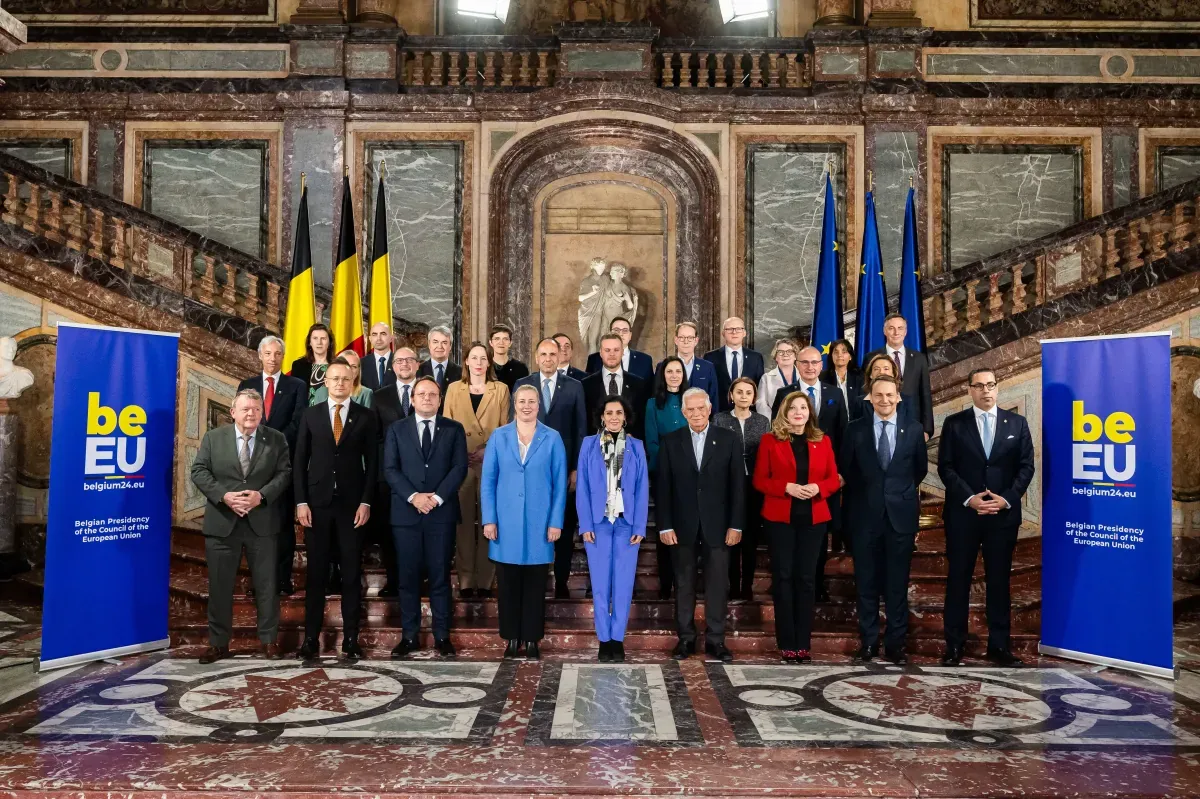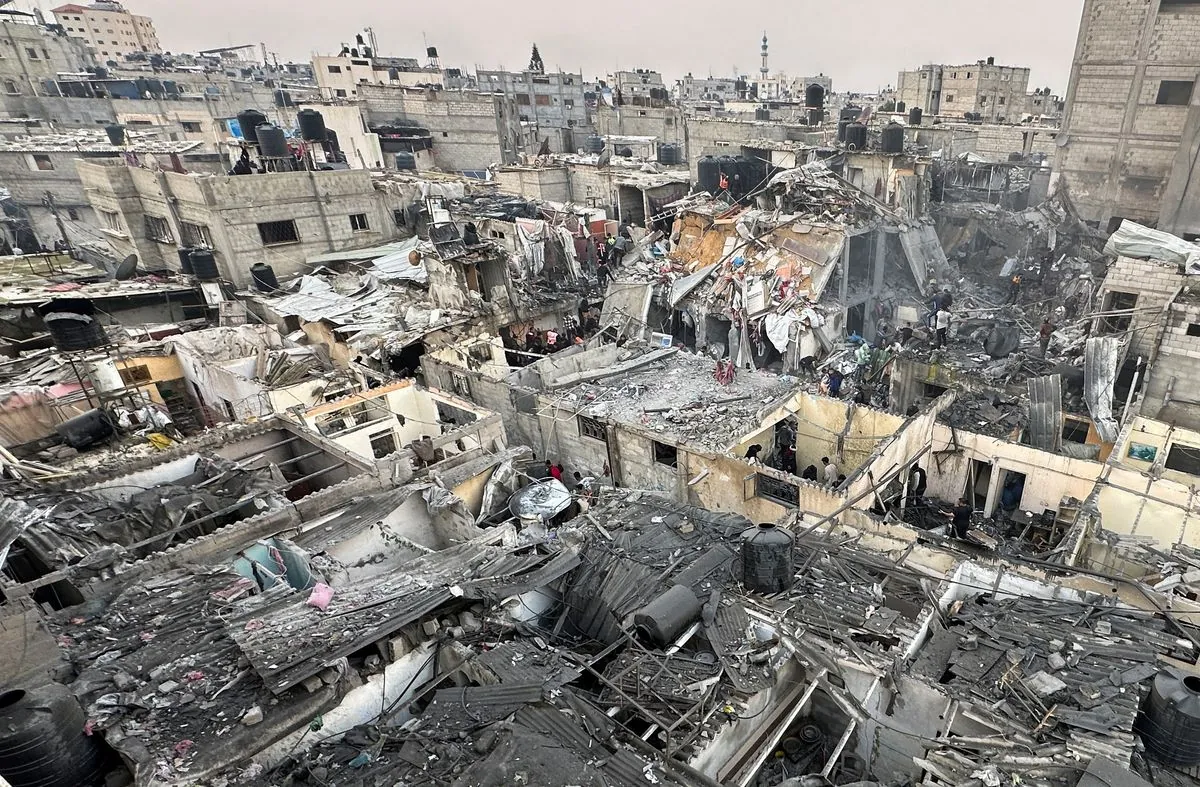EU Considers Sanctions on Israeli Ministers Amid Gaza Crisis
EU diplomats discuss potential sanctions on Israeli ministers and reassessment of relations with Israel due to the ongoing Gaza conflict. Ireland calls for action based on international law.

The European Union is contemplating a significant shift in its approach towards Israel, as discussions among EU foreign ministers in Brussels focus on potential sanctions and a reassessment of diplomatic relations. This development comes in the wake of the ongoing conflict in Gaza and the West Bank, which has resulted in substantial civilian casualties and displacement.
Micheal Martin, Ireland's foreign minister, has accused Israel of deliberately targeting civilians in its military campaign, which began approximately 11 months ago. Martin stated, "This is a war against Palestinians not just against Hamas. The level of civilian casualties and dead is unconscionable." He emphasized the need for action based on the International Court of Justice's recent opinion regarding the legality of Israel's occupation.

The EU-Israel relationship, governed by the Association Agreement signed in 1995 and implemented in 2000, is now under scrutiny. As the European Union's largest trading partner, Israel's actions have prompted calls for a reevaluation of this partnership. The EU, founded in 1993 with the Maastricht Treaty, has consistently advocated for a two-state solution to the Israeli-Palestinian conflict.
Josep Borrell, the EU's top diplomat, has proposed considering sanctions on certain members of Prime Minister Benjamin Netanyahu's cabinet over their remarks about the war in Gaza. Borrell highlighted "hateful messages" from some Israeli ministers that he deemed unacceptable and potentially inciting further violence.
"Some Israeli ministers have been launching hateful messages, unacceptable hateful messages, against the Palestinians and proposing things that go clearly against international law and is an (incitement) to commit more crimes."
The situation in Gaza remains dire, with local health officials reporting over 40,000 deaths and the displacement of 90% of the population. The West Bank has also seen an escalation in violence, with Hamas reporting casualties during a recent Israeli operation.
The EU's response to this crisis is complicated by internal divisions. Countries like Austria, Germany, and Hungary have traditionally supported Israel, while Ireland and Spain have been more vocal in their support for Palestinians. This divide reflects the challenges faced by the EU in formulating a unified foreign policy, a concept established by the Maastricht Treaty.
Annalena Baerbock, Germany's Foreign Minister, advocated for a cautious approach, emphasizing the need for careful examination of allegations before imposing any sanctions. She highlighted that any decision would require unanimous support from EU member states.
As the situation unfolds, the EU continues to grapple with its role in the Middle East peace process. The bloc has been involved in various peace initiatives and maintains its position that Israeli settlements in occupied territories are illegal under international law. The current discussions in Brussels may mark a turning point in EU-Israel relations, potentially influencing the future of diplomatic and economic ties between the two entities.


































